Research
Our research connects up-to-date research with real world decision-making processes in climate finance and sustainability finance and policy in order to enable increased ambition in acting against climate change and contribute to finding sustainable and equitable solutions. Our mission is to support the academic community, governments, businesses and financial decision-makers from the public and private sector to drive economic growth while addressing climate change and sustainability research.
Our team has extensive experience in the areas of economics, international climate and sustainable finance and policy. This expertise covers a broad range of areas from sector and country-specific in-depth insights to international climate policies. We seek to enhance and foster knowledge sharing and exchange with other research facilities and individuals around the globe.
The FS-UNEP Centre’s research covers challenges surrounding finance in the light of the climate crisis. Research areas include:
- Role of financial markets for low-carbon and climate-resilient investments;
- Impacts of policies and incentives on a macro level on investors’ financing decisions;
- Energy and climate policy in emerging and developing countries;
- National determined contribution (NDCs) implementation
- Interaction between policy instruments and their resilience to external shocks; and
- Sustainable finance and scenario analysis for financial decision making.
We apply research-oriented, robust approaches, reflecting to on-the-ground realities.
Our research activities are linked with the actual project implementation. This allows our research team to provide facts-based analysis and practical guidance not only relevant for academia but also public and private decision-makers.

Scenario Analysis as a Tool for InvestorS, Firms, and regulators on the path to climate neutralitY (SATISFY) : The Frankfurt School – UNEP Collaborating Centre, the German Institute for Economic Research, and Justus-Liebig-University Gießen jointly conduct research on scenario analysis as a tool on the path to climate neutrality. The three-year project SATISFY will produce insights into how investors, firms, and regulators can use scenario analysis in the climate transformation of business models in carbon-intensive sectors and the entire economy.
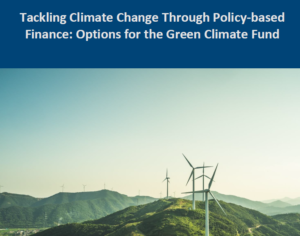
Tackling climate change through policy-based finance – Options for Green Climate Fund : The financing required to achieve the transformational change towards a net zero, climate-resilient economy will need to come from domestic and international, public and private sources (IEA 2021). Hereby the role of the public sector is key in stimulating and leveraging private investments, for instance, by creating an effective and enabling environment. This requires a rethinking of traditional project and programme investments and shifting towards a more holistic approach to improve the contribution of investment to economic, social and environmental welfare (Gordon 2002). To leverage available sources for climate investments, there is an urgent need to optimize policy, legal and regulatory frameworks (Kissinger et al. 2019).
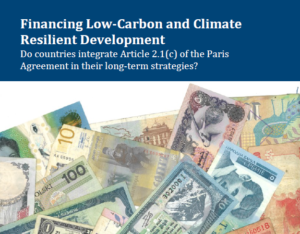
Financing Low-Carbon and Climate Resilient Development : The herculean emission cuts that are required to limit global warming 1.5°C to 2°C above pre-industrial levels and the related investment needs, require countries to determine and plan long-term emission reduction pathways. The key to successful strategies is finance.
Article 4.19 of the Paris Agreement states that all Parties should strive to formulate and communicate ‘long-term low-emissions development strategies’ (LTS). This report analyses the extent to which finance, and Art. 2.1(c) of the Paris Agreement in particular, are integral parts of the 32 LTS that have been submitted up to October 2021. The report also provides recommendations for countries that are still preparing their LTS on how to integrate Article 2.1(c) implementation.
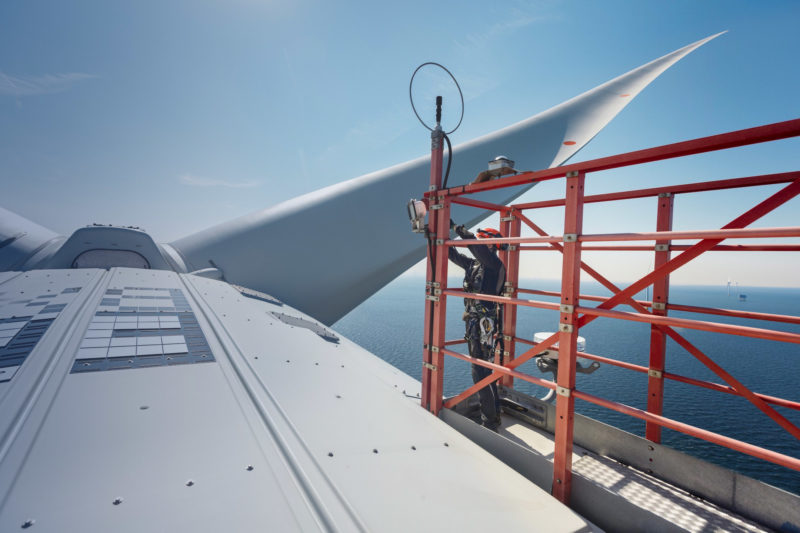
Global Trends in Renewable Energy Investment (GTR) is an annual publication that provides the latest comprehensive information about global investments in renewable energy. The GTR enables a deep dive into trends in global investments in renewable power and fuels, as well as analysis by asset class, technology and geography. The data is presented in the context of the political developments and the wider energy sector. UN Environment, FS-UNEP Collaborating Centre and Bloomberg New Energy Finance jointly publish the report.
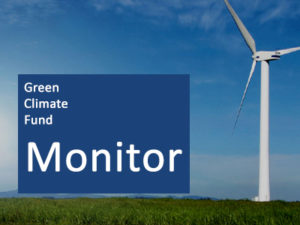
The Green Climate Fund (GCF) Monitor reviews the progress of the Green Climate Fund’s efforts to respond to the challenge of climate change. Each issue analyses and briefly describes a unique topic selected because of its high importance at the recent Board meeting or other relevant event. The monitor analyses data provided on the GCF website and builds on existing literature.
Download Edition 7: The Green Climate Fund’s contribution to the US$100 billion target
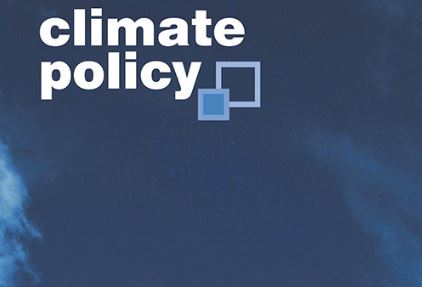
Special Issue: Making climate action more effective: lessons learned from the first Nationally Determined Contributions (NDC). Almost all countries have now ratified the Paris Agreement, and many are in the process of updating their NDCs. It is crucial for the success of the Paris Agreement that the updated NDCs build on and learn from the first round of NDCs. This special issue in the journal of Climate Policy provides insights, and aims to stimulate debate, on how to strengthen NDC effectiveness. The special issue is edited by Pieter Pauw and Richard Klein.

Country-Ownership as the Means for Paradigm Shift: The case of the Green Climate Fund
Zamarioli, L.H., Pauw, P., Gruening, C., 2020. Country Ownership as the Means for Paradigm Shift: The Case of the Green Climate Fund. Sustainability, Vol. 12 (14), 5714.

The climate consistency goal and the transformation of global finance
Zamarioli, L.H., Pauw, P., König, M. et al. The climate consistency goal and the transformation of global finance. Nat. Clim. Chang. 11, 578–583 (2021). https://doi.org/10.1038/s41558-021-01083-w